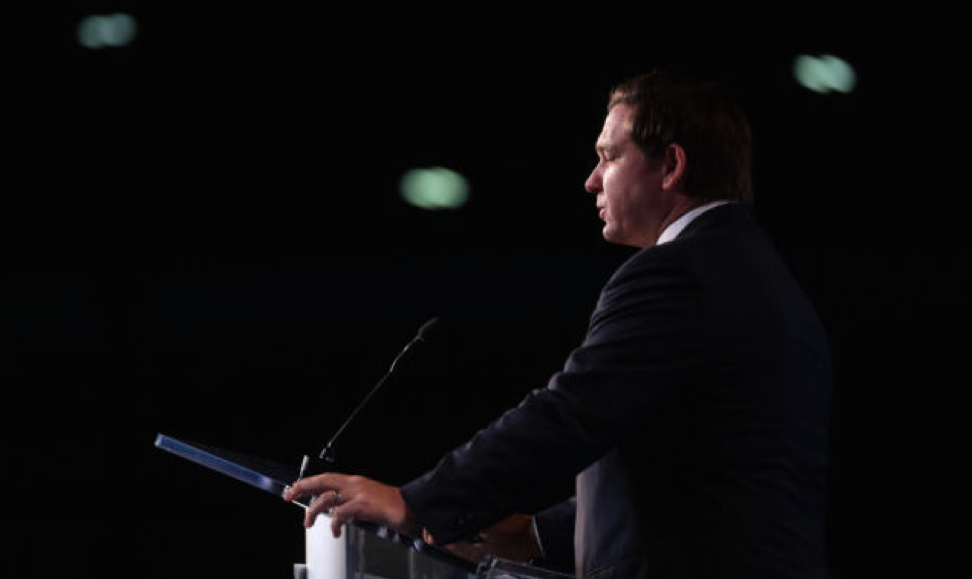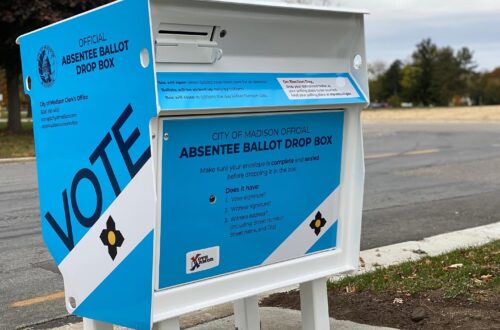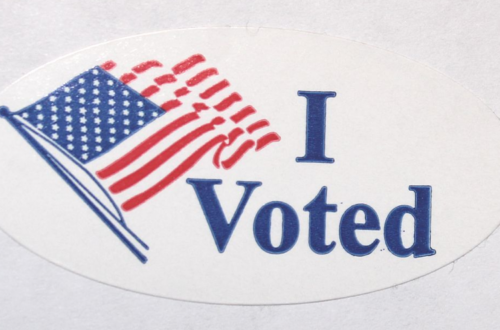The 24th Amendment to the U.S. Constitution supposedly ended poll taxes for good. However, Gov. Ron DeSantis’ signing of Senate Bill 7066, an elaboration of the recent Florida Amendment 4, suggests otherwise.
SB 7066 reiterated Amendment 4’s requirement that felons complete all terms of their sentence to access their right to vote, but it also specified that these terms include full payment of their debt.
This voting rights dilemma predates the 2018 election, before which Florida was one of four states where felons never regained the right to vote. Felons could apply to the Executive Clemency Board for the restoration of their voting rights, however, chances of getting approved were low. The board approved an average of 9.95% of applications from 2011 to 2017.
Florida’s system regarding felon voting rights was built to continue disenfranchising voters under the pretense that it was giving some felons a special privilege to vote. The 2018 election helped Floridians voice their disapproval for this skewed process through the passage of Amendment 4, an initiative to restore voting rights to felons.
The amendment passed unequivocally with 65% approval. It stated that felons’ voting rights were automatically restored upon completion of their sentences unless their crime included murder or sexual offenses.
Unfortunately, this victory in Florida’s democracy met its opposition when DeSantis said that its implementation would require further legislation. Supporters of the amendment said it was self-executing, but DeSantis waited until June 2019 to pass Senate Bill 7066, Amendment 4’s so-called guidelines for implementation.
By redefining Amendment 4, DeSantis included a modern-day poll tax. Forcing felons to repay their debts in order to gain the right to vote is an action that takes advantage of their high likelihood of living in poverty and thus disenfranchising potential voters by creating an insurmountable obstacle.
In response, outraged voting and civil rights groups sued DeSantis and state election officials over their corruption of Amendment 4. A district court struck down most of SB 7066 in May 2020, labeling it as a “pay-to-vote” scheme that was unsustainable not only because it targets impoverished felons, but also for the difficulty many convicted felons face when trying to find out what debts they owe.
SB 7066 continues to work its way through the courts, and it is unclear whether a final decision regarding the legality of SB 7066 will be reached before the November election as the case is currently being weighed by a federal appeals court.
The correlation between poverty and incarceration is undeniably strong, and only 55% of ex-inmates in the United States report receiving any income whatsoever within a year of their release. Furthermore, the median income reported by ex-felons falls nearly $2,000 below the federal poverty level.
Even before incarceration, lower than average income is a common feature among those who are later convicted of a crime. The average disparity between an individual’s pre-incarceration income and the income of a non-incarcerated individual is over $15,000.
Given the compelling evidence of the unfortunate relationship between crime and poverty, DeSantis’ alteration of Amendment 4 presents itself as an attempt to contradict its purpose by citing petty debts that even the courts identify as being practically impossible to repay. State officials have openly admitted that they only expect receipt of about 9% fees levied in association with restitution and convictions.
SB 7066 imposes poll taxes upon already poor and disadvantaged citizens and makes it even harder for their needs to be reflected by government action. 775,000 potential voters in Florida who have already paid off their debt to society are being further punished for being poor.
This law shows felons that they are not welcome in the society they are re-entering, an alienating feeling which can have the negative effect of recidivism. One study shows that enfranchisement helps felons restore trust and cooperation with the government, but this is a possibility DeSantis seemingly shirked by contradicting the wishes of his constituents.
While it remains to be seen whether SB 7066 will be upheld by the courts, the 24th Amendment to the U.S. Constitution and the original intent of Florida voters in passing Amendment 4 is at stake.
Featured image: Gov. Ron DeSantis. Unmodified photo used under a Creative Commons License. (https://bit.ly/3hIjV3a)





